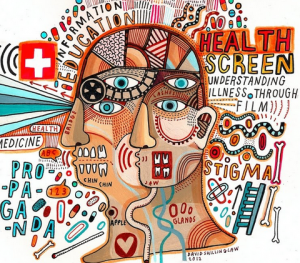Mental Models of Illness Impact Recovery
 When you get sick how you think about your illness strongly determines the decisions you make and how you behave. Do you believe you will get better? How long will it take? Is the cause mysterious? Is the treatment plan offered by your doctor worth following?
When you get sick how you think about your illness strongly determines the decisions you make and how you behave. Do you believe you will get better? How long will it take? Is the cause mysterious? Is the treatment plan offered by your doctor worth following?
Beliefs shape decisions and decisions shape behaviors. This is no surprise to readers of the cognitive design blog. What is a bit surprising is how big an impact your mental model about an illness can have on the speed, quality and cost of recovery. Consider a recent meta-study on patient perception of illness:
“The authors find that people’s illness perceptions bear a direct relationship to several important health outcomes, including their level of functioning and ability, utilization of health care, adherence to treatment plans laid out by health care professionals, and even overall mortality.”
The good news is:
“Research confirms that brief, straightforward psychoeducational interventions can modify negative illness beliefs and lead to improvements over a range of different health outcomes.”
This means a little cognitive design in clinician-patient communication can directly translate into strong medicine.
Image: Medfest 2012